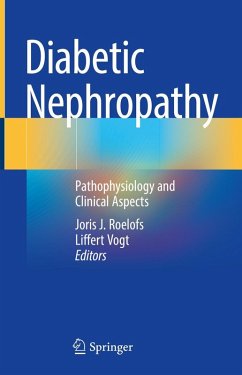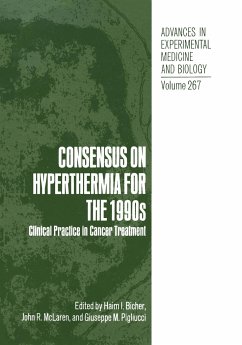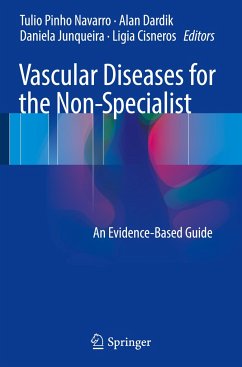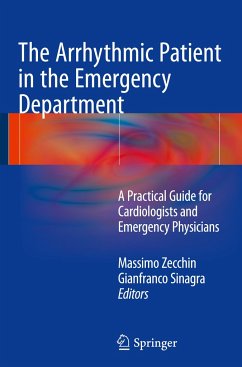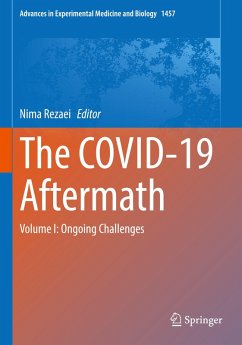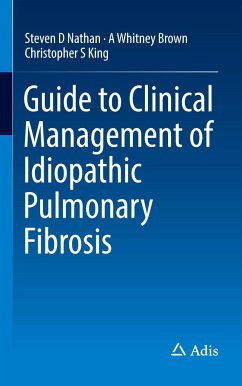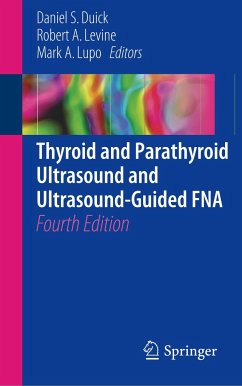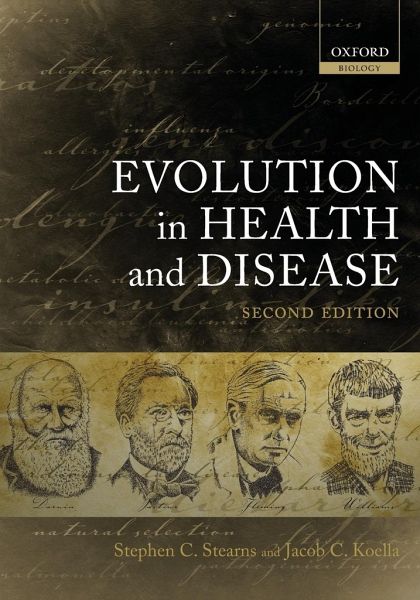
Evolution in Health and Disease
Versandkostenfrei!
Versandfertig in 1-2 Wochen
96,99 €
inkl. MwSt.

PAYBACK Punkte
48 °P sammeln!
A fully revised edition of a volume written by the world's leading authorities on this subject. It discusses how the evolution of humans and their pathogens have generated important medical issues, covering both infectious and degenerative diseases. It presents important ideas that are not yet sufficiently appreciated in the medical community.






